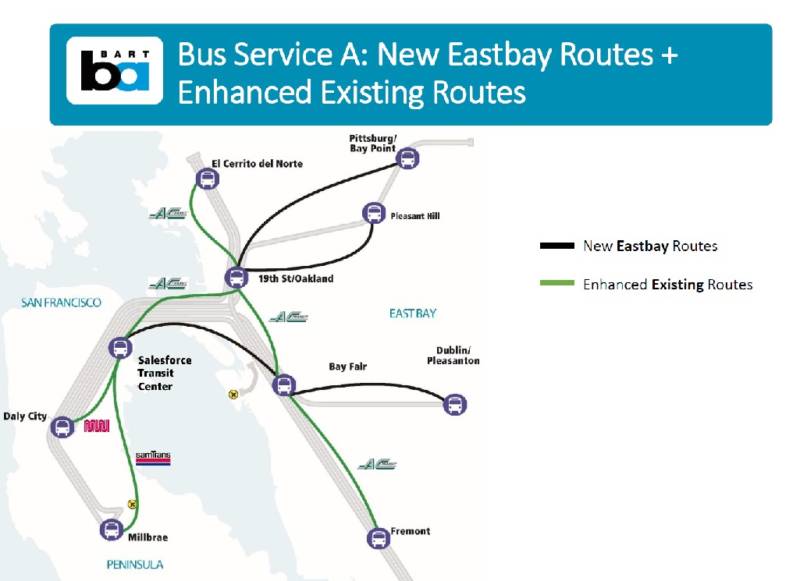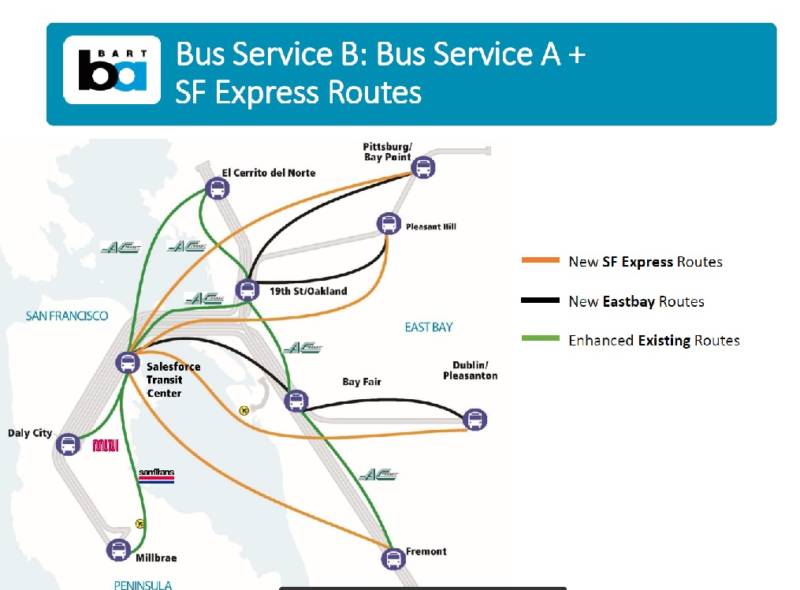Early-morning BART riders are going to have some company on the train for a few days.
BART staff this week started riding trains at 4 a.m. to get feedback from riders on service changes that will affect them for the next several years.
BART is undertaking a $276 million retrofit of the Transbay Tube to protect it from a "1,000-year earthquake." The plan is to install an inner steel lining throughout the tube, as well as a new pumping system, in hopes of slowing and mitigating any leaks that could occur during an earthquake.
To make that happen, BART will be pushing its service start time from 4 a.m. to 5 a.m. and single-tracking from 9:30 p.m. to midnight in the tube for the duration of the project. BART says the service changes will save four months and $15 million on the project.
But it will also heavily impact the 2,800 people who BART says use its trains weekdays in that first hour of service.



